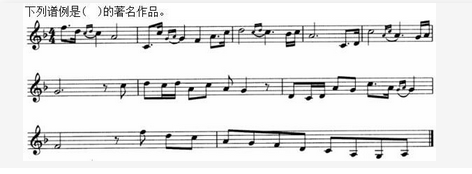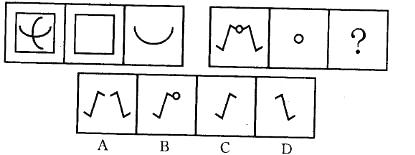Every man is a philosopher. Every man has his own philosophy of life and his special view of the universe. Moreover, his philosophy is important, more important perhaps that he himself knows. It determines his treatment of friends and enemies, his conduct when alone and in society, his attitude towards his home, his work, and his country, his religious beliefs, his ethical standards, his social adjustment and his personal happiness.
Nations, too, through the political or military party in power, have their philosophers of thought and action. Wars are waged and revolutions incited because of the clash of ideologies, the conflict of philippics. It has always been so. World War II is but the latest and most dramatic illustration of the combustible nature of differences in social and political philosophy.
Philosophy, says Plato, begins with wonder. We wonder about the destructive fury of earthquakes, floods, storms, drought, pestilence, famine, and fire, the mysteries of birth and death, pleasure and pain, change and permanence, cruelly and kindness, instincts and ideals, mind and body, the size of the universe and man’s place in it. Our questions are endless. What is man? What is Nature? What is justice? What is duty? Alone among the animals man is concerned about his origin and end, about his purposes and goals, about the meaning of life and the nature of reality. He alone distinguishes between beauty and ugliness, good and evil, the better and the worse. He may be a member of the animal kingdom, but he is also a citizen of the world of ideas and values.
Some of man’s questions have had answers. Where the answer is clear, we call it science or art and move on to higher ground and a new vista of the world. Many of our questions, however, will never have final answers. Men will always discuss the nature of justice and right, the significance of evil, the art of government, the relation of mind and matter, the search for truth, the quest for ha
由第四段第二句“Where the answer is clear, we call it science or art and move on to higher ground and a new vista of the world.”可知答案清楚地,我们就称之为科学或艺术。故选A。
京胡属( )乐器。
《亚威农少女》是( )绘画的代表作品。



德沃夏克根据捷克诗人爱尔本的民间叙事诗集《花束集》写作了交响诗作品( )。
( )开始确立以毛泽东同志为主要代表的马克思主义正确路线在中共中央的领导地位。
解决我国民族问题的基本原则有( )。
全国人大行使国家权力的最重要方式和最基本形式是( )。
